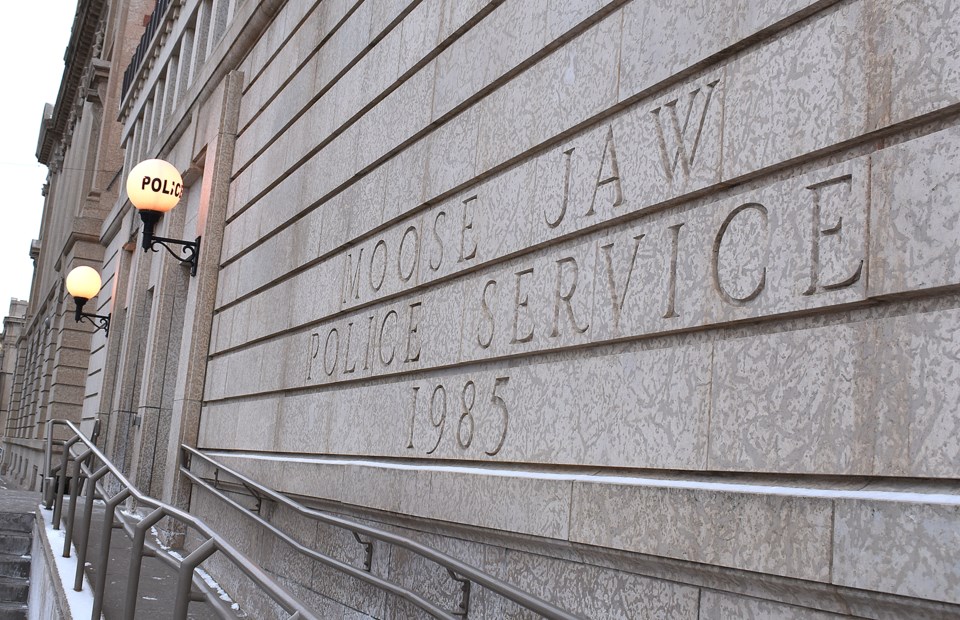Some people affected by crime don’t always realize how much work police put into an incident until they receive a copy of the investigative report, the board of police commissioners heard recently.
If residents are involved in a neighbourhood dispute, for example, and want to pursue civil litigation, they sometimes come to the police station to find out how many times a peace officer came to the area in response to their calls, explained Supt. Rick McKenna.
These people want to see what information the police have and what officers did. This material can be shared, but is redacted to remove all personal information so they can see what actions officers took.
“You’re entitled to your information but not the information of others,” he said during the Board of Police Commissioners’ December meeting.
McKenna presented a report on how many times the Moose Jaw Police Service received access to information requests under the Local Authority Freedom of Information and Protection of Privacy (LA FOIP) protocol this year.
Some people will receive the information package and call back looking for an explanation since they don’t understand, or don’t realize, how much work police put into a particular case, he explained.
McKenna recalled an incident where a woman wanted to complain about the alleged actions of four officers during a situation. She said the police had “done her wrong” and that they “were horrible people.” However, once she received the information, she called back to say the police had done everything they could and it wasn’t their fault; instead, she blamed the Crown prosecutor for the outcome.
“If things don’t happen for them in court the way they think, they think it’s us, but a lot of the times, it’s the prosecutor,” McKenna said. “It has nothing to do with the work our members did or the charges we laid … . Some people just want to know (who’s at fault).”
This past year was busy with LA FOIP inquiries, McKenna said. The police service — which came under the authority of LA FOIP on Jan. 1, 2018 — has responded to all the requests and everyone received the information to which they were entitled.
As of Dec. 10, the Moose Jaw Police Service (MJPS) had received 31 access to information requests. Some requests were:
• A man wanted a report filed against him by his ex-girlfriend
• A man made repeated requests for information on items stolen, lost, misplaced, belonging to, or in possession of, the MJPS; all items construed as evidence, held in trust, which might be in this category, from January 2013 to June 2018
• A man requested all statistics about crystal meth in the last five years, particularly used in the commission of crimes, but also the support that is given to affected families and to social agencies
• A request from a man wanting a full report of a possible assault on his daughter reported to the MJPS but having occurred in RCMP jurisdiction
• A female wanted a copy of a file where her dog had been attacked
The police service determines how much to charge for each inquiry based on what The Saskatchewan Information and Privacy Commissioner suggests, said McKenna. The privacy commissioner’s office sets out a fee structure for such things as how long it takes to redact a document, provide a document or send an email.
If the work is more than $100, the police service has to provide an estimate of the total, he added. The organization can’t go over that estimate, but if the cost is lower, the person would pay less.
The Board of Police Commissioners next meets Tuesday, Jan. 14, 2020.




